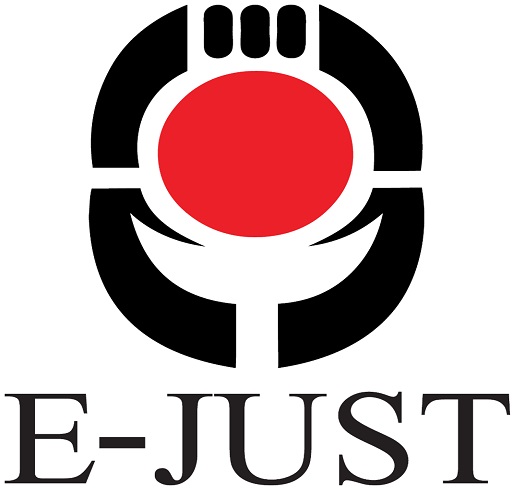Introduction to computational materials science : fundamentals to applications / [by] : Richard Lesar , Iowa State University
Material type: TextLanguage: English Publication details: Cambridge ; New York : Cambridge University Press ; Materials Research Society , ©2013Description: xiii , 414 pages : illustrations ; 26 cmISBN:
TextLanguage: English Publication details: Cambridge ; New York : Cambridge University Press ; Materials Research Society , ©2013Description: xiii , 414 pages : illustrations ; 26 cmISBN: - 9780521845878 (hardback)
- TA404.23 .L47 2013
- TEC021000
| Item type | Current library | Call number | Copy number | Status | Barcode | |
|---|---|---|---|---|---|---|
 Books
Books
|
Fayza Aboulnaga Central Library | مكتبة فايزة أبو النجا المركزية بالحرم الجامعي | TA404.23 .L47 2013 (Browse shelf(Opens below)) | C. 1 | Available | 10011368 | |
 Books
Books
|
Fayza Aboulnaga Central Library | مكتبة فايزة أبو النجا المركزية بالحرم الجامعي | TA404.23 .L47 2013 (Browse shelf(Opens below)) | C. 2 | Available | 10011390 |
Browsing Fayza Aboulnaga Central Library | مكتبة فايزة أبو النجا المركزية بالحرم الجامعي shelves Close shelf browser (Hides shelf browser)
| TA403.6 M87 2015 Vol. 2 Handbook of materials structures , properties , processing and performance . volume 2 / | TA403.6 .P68 2014 Practical Materials Characterization. | TA403.6 .P68 2014 Practical Materials Characterization. | TA404.23 .L47 2013 Introduction to computational materials science : fundamentals to applications / | TA404.23 .L47 2013 Introduction to computational materials science : fundamentals to applications / | TA404.8 .D69 2020 Mechanical Behavior of Materials : Engineering Methods for Deformation , Fracture , and Fatigue / | TA404.8 .D69 2020 Mechanical Behavior of Materials : Engineering Methods for Deformation , Fracture , and Fatigue / |
Includes bibliographical references (pages 392-408) and index
1. Materials modelling and simulation -- Part I. Some Basics: 2. The random walk model -- 3. Simulation of finite systems -- Part II. Atoms and Molecules: 4. Electronic structure methods -- 5. Interatomic potentials -- 6. Molecular dynamics -- 7. The Monte Carlo method -- 8. Molecular and macromolecular systems -- Part III. Mesoscopic Methods -- 9. Kinetic Monte Carlo -- 10. Monte Carlo methods at the mesoscale -- 11. Cellular automata -- 12. Phase-field methods -- 13. Mesoscale dynamics -- Part IV. Some Final Words -- 14. Materials selection and design -- Part V. Appendices: A. Energy units -- B. Introduction to materials -- C. Mathematical background -- D. Classical mechanics -- E. Electrostatics -- F. Quantum mechanics -- G. Statistical thermodynamics and kinetics -- H. Linear elasticity -- I. Introduction to computation.
"Emphasising essential methods and universal principles, this textbook provides everything students need to understand the basics of simulating materials behaviour. All the key topics are covered from electronic structure methods to microstructural evolution, appendices provide crucial background material, and a wealth of practical resources are available online to complete the teaching package.
There are no comments on this title.
